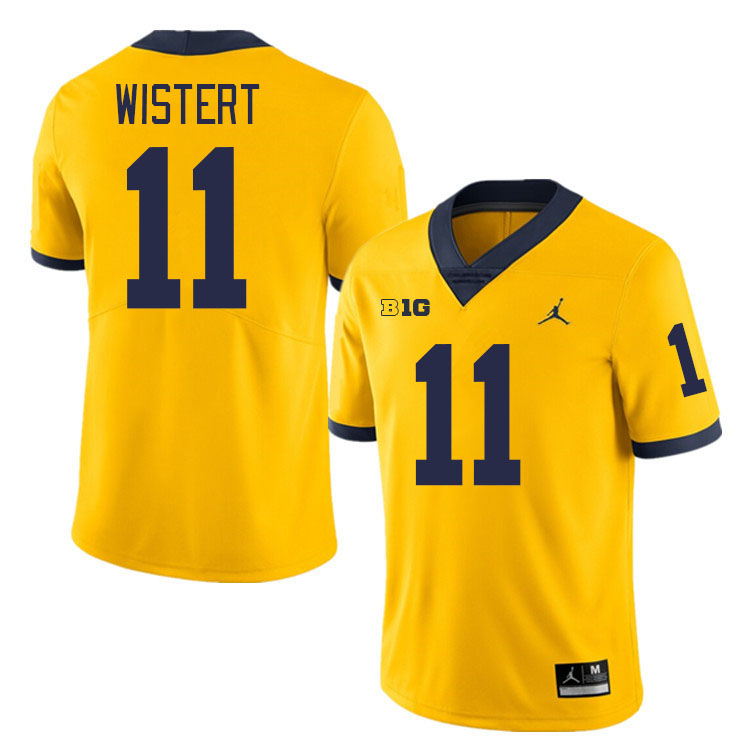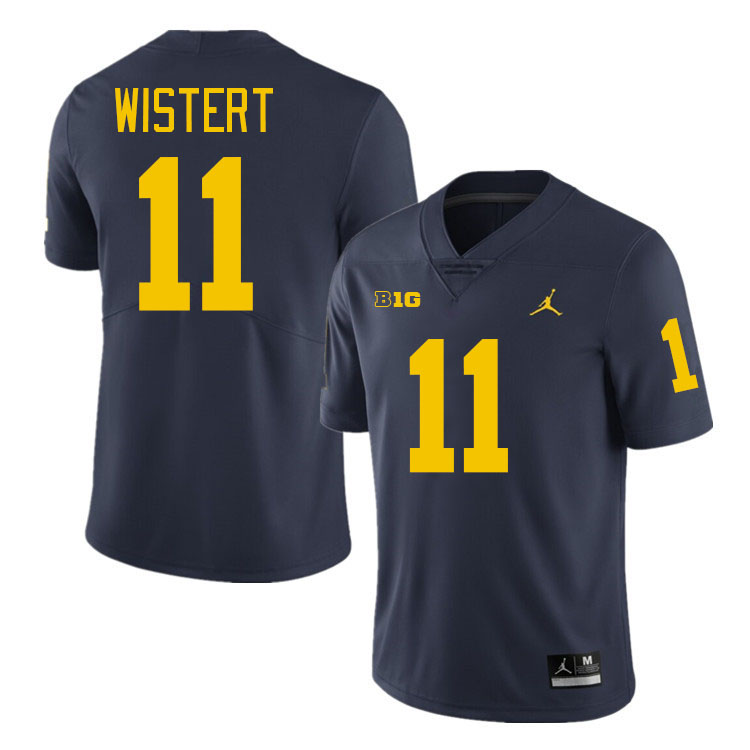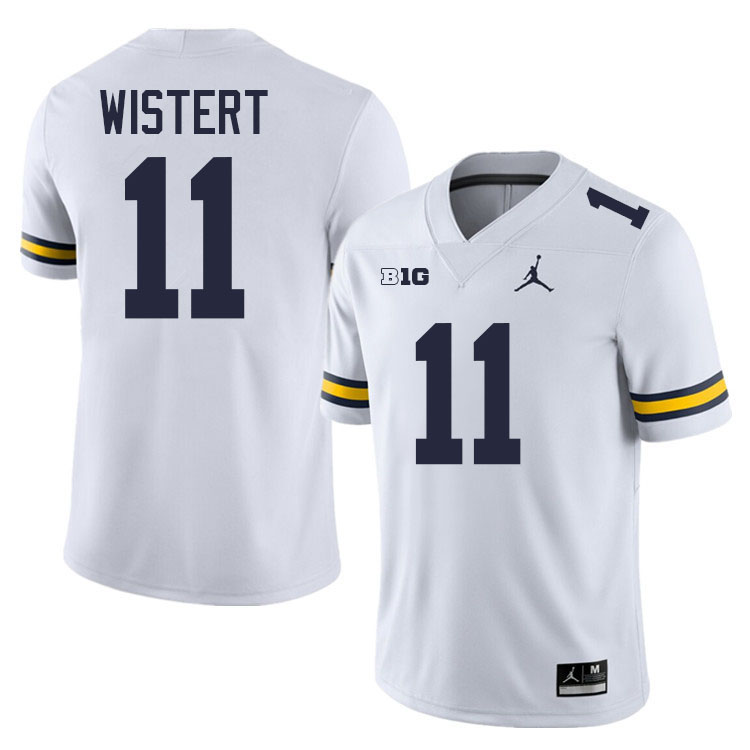- Shop By Players
Aamir Hall Jersey
Aidan Hutchinson Jersey
AJ Barner Jersey
Albert Wistert Jersey
Alex Orji Jersey
Alvin Wistert Jersey
Ambry Thomas Jersey
Andrew Stueber Jersey
Ben Bredeson Jersey
Benjamin Hall Jersey
Bennie Oosterbaan Jersey
Blake Corum Jersey
Braiden McGregor Jersey
Brandon Graham Jersey
Cameron Brandt Jersey
Cameron McGrone Jersey
Cesar Ruiz Jersey
Charles Woodson Jersey
Charlie Mentzer Jersey
Chris Evans Jersey
Chris Wormley Jersey
Christopher Hinton Jersey
Colston Loveland Jersey
Cornelius Johnson Jersey
David Long Jersey
David Ojabo Jersey
Davis Warren Jersey
Dax Hill Jersey
Derrick Moore Jersey
Desmond Howard Jersey
Devin Bush Jersey
DJ Turner II Jersey
Dominic Zvada Jersey
Donovan Edwards Jersey
Donovan Peoples-Jones Jersey
Drake Nugent Jersey
Ernest Hausmann Jersey
Francis Wistert Jersey
Fredrick Moore Jersey
Gerald Ford Jersey
Graham Glasgow Jersey
Hassan Haskins Jersey
J.J. McCarthy Jersey
Jabrill Peppers Jersey
Jaishawn Barham Jersey
Jake Moody Jersey
Jaylen Harrell Jersey
Jon Runyan Jersey
Jordan Marshall Jersey
Josaiah Stewart Jersey
Josh Ross Jersey
Josh Wallace Jersey
Joshua Metellus Jersey
Joshua Uche Jersey
Jourdan Lewis Jersey
Junior Colson Jersey
Jyaire Hill Jersey
Kalel Mullings Jersey
Karsen Barnhart Jersey
Kenneth Grant Jersey
Khaleke Hudson Jersey
Kris Jenkins Jr. Jersey
Kwity Paye Jersey
LaDarius Henderson Jersey
Luke Schoonmaker Jersey
Makari Paige Jersey
Mason Graham Jersey
Maurice Hurst II Jersey
Mazi Smith Jersey
Michael Barrett Jersey
Mike Danna Jersey
Mike Morris Jersey
Mike Onwenu Jersey
Mike Sainristil Jersey
Nico Collins Jersey
Olu Oluwatimi Jersey
Rashan Gary Jersey
Rayshaun Benny Jersey
Roman Wilson Jersey
Ron Kramer Jersey
Ryan Hayes Jersey
Sean McKeon Jersey
Semaj Morgan Jersey
TJ Guy Jersey
Tom Brady Jersey
Tom Harmon Jersey
Trevor Keegan Jersey
Tyler Morris Jersey
Zak Zinter Jersey
- Custom
- Home
- Shop By Players
- Aamir Hall Jersey
- Aidan Hutchinson Jersey
- AJ Barner Jersey
- Albert Wistert Jersey
- Alex Orji Jersey
- Alvin Wistert Jersey
- Ambry Thomas Jersey
- Andrew Stueber Jersey
- Ben Bredeson Jersey
- Benjamin Hall Jersey
- Bennie Oosterbaan Jersey
- Blake Corum Jersey
- Braiden McGregor Jersey
- Brandon Graham Jersey
- Cameron Brandt Jersey
- Cameron McGrone Jersey
- Cesar Ruiz Jersey
- Charles Woodson Jersey
- Charlie Mentzer Jersey
- Chris Evans Jersey
- Chris Wormley Jersey
- Christopher Hinton Jersey
- Colston Loveland Jersey
- Cornelius Johnson Jersey
- David Long Jersey
- David Ojabo Jersey
- Davis Warren Jersey
- Dax Hill Jersey
- Derrick Moore Jersey
- Desmond Howard Jersey
- Devin Bush Jersey
- DJ Turner II Jersey
- Dominic Zvada Jersey
- Donovan Edwards Jersey
- Donovan Peoples-Jones Jersey
- Drake Nugent Jersey
- Ernest Hausmann Jersey
- Francis Wistert Jersey
- Fredrick Moore Jersey
- Gerald Ford Jersey
- Graham Glasgow Jersey
- Hassan Haskins Jersey
- J.J. McCarthy Jersey
- Jabrill Peppers Jersey
- Jaishawn Barham Jersey
- Jake Moody Jersey
- Jaylen Harrell Jersey
- Jon Runyan Jersey
- Jordan Marshall Jersey
- Josaiah Stewart Jersey
- Josh Ross Jersey
- Josh Wallace Jersey
- Joshua Metellus Jersey
- Joshua Uche Jersey
- Jourdan Lewis Jersey
- Junior Colson Jersey
- Jyaire Hill Jersey
- Kalel Mullings Jersey
- Karsen Barnhart Jersey
- Kenneth Grant Jersey
- Khaleke Hudson Jersey
- Kris Jenkins Jr. Jersey
- Kwity Paye Jersey
- LaDarius Henderson Jersey
- Luke Schoonmaker Jersey
- Makari Paige Jersey
- Mason Graham Jersey
- Maurice Hurst II Jersey
- Mazi Smith Jersey
- Michael Barrett Jersey
- Mike Danna Jersey
- Mike Morris Jersey
- Mike Onwenu Jersey
- Mike Sainristil Jersey
- Nico Collins Jersey
- Olu Oluwatimi Jersey
- Rashan Gary Jersey
- Rayshaun Benny Jersey
- Roman Wilson Jersey
- Ron Kramer Jersey
- Ryan Hayes Jersey
- Sean McKeon Jersey
- Semaj Morgan Jersey
- TJ Guy Jersey
- Tom Brady Jersey
- Tom Harmon Jersey
- Trevor Keegan Jersey
- Tyler Morris Jersey
- Zak Zinter Jersey
- Custom
Find More!



